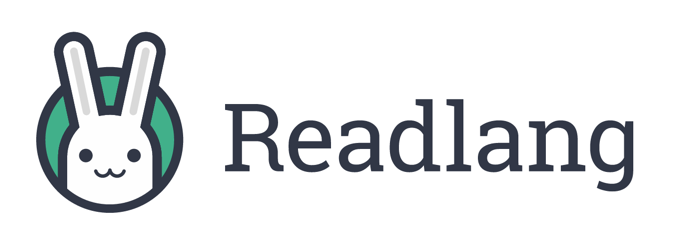We've all been there: You're up for half an hour of speaking practice in your target language, and right after you say hello, you notice the first mistake tumble out. Not good. Now they think you're an idiot, and you've forgotten the word for "bread" and while you're racking your brain that pause becomes longer and your cheeks are glowing red. Time for the ground to open up!
If all that sounds familiar to you, you are not alone. Millions of language learners experience embarrassment when it comes to speaking practice. Especially when you're trying out your language in another country, it's almost impossible to feel prepared.
My personal threshold for embarrassment seems to be pretty high in most social situations, I have also experienced that crippling sense of looking truly foolish.
I won't get into that one time on a Russian airplane where the air hostess shouted incomprehensible things at me, I smiled throughout with lots of "da, da"...and later found out that they had been debating whether I could safely fly considering they thought I was pregnant. The shame!
But fear not, I've got some good advice to share with you today.
If you're ready to start saying no to embarrassment when speaking another language, here are four tips to help you feel better:
1) Prepare Your Speaking Partner
Chances are you are already pushing the boundaries of your comfort zone by speaking in another language. There is no need to add further discomfort to your challenge by talking to someone who is unlikely to support you. Strangers at the ticket counter, crazy air hostesses and even strict teachers are not the right people to choose for conversation practice when you are suffering from social anxiety or embarrassment.
Instead, try and hold on to what makes you feel comfortable right now. It helps to share your worries with your speaking partner before you start having to speak your target language. If it's a tutor, this will prompt them to be more patient and hold back on the corrections. If it's a friend, it can remind them to slow down and let you build your sentences slowly.
This technique of preparing your partner will help both of you feel more at ease, and ready to tackle this challenge together.
2) Focus On Your Breath
When anxious sensations take hold, your body responds by tensing up, raising your heartbeat and even causing you to sweat and blush. That's the last thing you need when you are already worried about the many ways in which you're about to lose face.
Instead of freaking out about all the words you remember or forget, the best course of action is a simple calming exercise.
Focus on something that is real and constant, for example your own breath. Breathe in slowly for 4 seconds, retain your breath for 2 seconds if you can, and enjoy a long and restorative out breath for 8 seconds. Breathing exercises may not feel like the right tool for a foreign language panic, but you'll be surprised at how much language skill returns once that mental stormcloud is allowed to pass.
For more tips and techniques that help with overcoming stress and anxiety, try the SAM app on your smartphone. It's a little toolkit of instant self-help.
3) Build Up Your Filler Vocabulary
Filler sentences are a wonderful tool when you are getting ready for speaking practice. They're usually uncomplicated, short, easy to remember and very effective. Think of filler sentences as the extra cushioning that is built into conversations so each speaker gets some time to relax. In English, these are lines like "hold on", "let me think for a second" or "let me think".
As a little treat for the German learners among you, I've collected a bunch of fillers and stock sentences in the "Make Your German Sound Amazing" booklet, which you can download for free.
But what should you do if you haven't understood half of what your speaking partner just said?
You can buy yourself a little time by repeating the last words of their sentence, stretched out with some "Hm" sounds. This may tide you over until you can remember how to proceed, for example by asking them to repeat what they just said. It's perfectly acceptable for you to control some aspects of the conversation even if you don't know your target language very well yet.
4) Practice
Even if you follow every single one of the tips above, that feeling of embarrassment is unlikely to just dissolve into thin air. You may still feel discomfort in new situations, and it's still embarrassing to make mistakes. There's no way around this one: At some point, your only way is forward and right through the bad feelings.
Luckily, there is plenty of reward waiting for you on the other side, as you realize that your mistakes and awkward pauses did not cause the ground to open up and swallow you whole.
If you want to push your boundaries and go for speaking practice in a brand new situation, why not take advantage of your next trip abroad? We've got plenty of travel language tips on Episode 41 of the podcast.
Even better, put yourself into an immersion experience with other learners, for example in the Fluent German Retreat led by yours truly. These retreats aim to create a speaking environment that pushes your boundaries without embarrassment, helping you to realize how good you actually are.
It's Not Easy, But It's Worth It
These tips are just a few examples of the many small steps you can take to keep yourself from suffering crippling embarrassment in speaking practice. Keep yourself reminded that this is not easy, and the fact that you are even trying is a testament to your bravery.
And I promise you: The rewards of speaking a foreign language are just as great as you've imagined.
Have You Dealt With Embarrassment and Anxiety About Speaking?
If you've got a story you would like to share, go ahead and share it in the comments section for this post. I'd love to hear your own tips and experiences.










